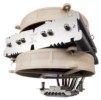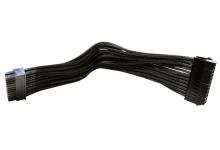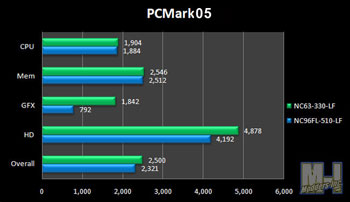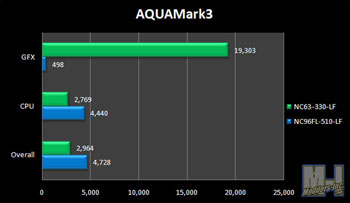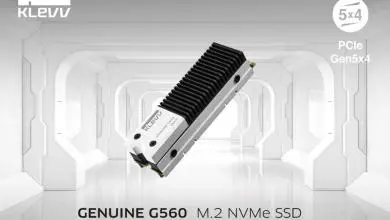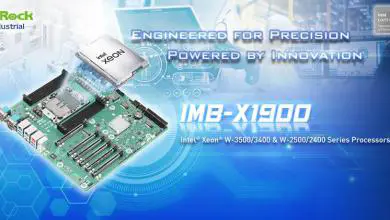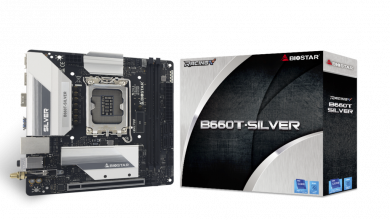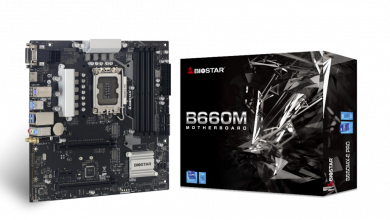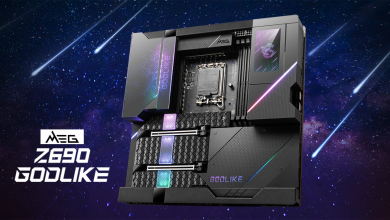Jetway NC63-330-LF Mini ITX Motherboard
Observation |
| As I stated earlier I wanted to keep everything as even as possible, so for testing purposes I used Windows Vista Ultimate SP1 in 64-bit and the same 1gb stick of ram as well. I will also be using the exact same tests and test settings that I used with the NC96FL. Let’s find out if the ION chipset makes any difference in the performance of the two boards. Super Pi is used by many overclockers to test the performance and stability of their computers. In the overclocking community, the standard program provides a benchmark for enthusiasts to compare “world record” pi calculation times and demonstrate their overclocking abilities. The program can also be used to test the stability of a certain overclock speed. If a computer is able to calculate PI to the 32 millionth place after the decimal without mistake, it is considered to be moderately stable in terms of RAM and CPU …. 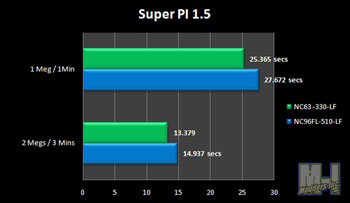 Lower is Better First up we have the Super PI 1.5 benchmark. As we can see the numbers per Super PI were very close, however, the NC63-330-LF did pull ahead slightly in the scores. Going by these numbers you will probably not tell any difference in the performance of the two boards compared. But hey a slight lead is better than no lead.
PCMark05 is an application-based benchmark and a premium tool for measuring overall PC performance. It uses portions of real applications instead of including very large applications or using specifically created code. This allows PCMark05 to be a smaller installation as well as to report very accurate results. Higher numbers are better.
In the PCMark05 benchmark, a higher number will be a better score. As we can see the NC63-330-LF scores are pretty much on par with NC96FL, due to both bards having dual core Atom 330 processors. However, the NC63-330-LF really starts to show some dominating strength over the older board in the GFX score where the NC63-330-LF, with it’s Nvidia ION chipset, jumps ahead by a whopping 132%. Now, I do not have to tell you that is one heck of a jump. Not only that, but I am certain that you will definitely be able to tell a difference in the video performance of the NC63-330-LF over the NC96FL with it’s Intel chipset.
AquaMark3 is a powerful tool to determine reliable information about the gaming performance of a computer system. Because the benchmark extensively utilizes DirectX9, DirectX8 and DirectX7 functionality, it represents the requirements of typical gaming applications of current state-of-the-art games.
Next we have the AquaMark3 benchmark where once again the higher numbered scores will be better. Ok, this is where things really kinda went off track with my comparison, as I will explain. I use the free version of AquaMark3 and the free version automatically detects what a given board can handle for testing. So, basically a lower powered video card or chipset will have fairly lower settings to test at, where as a higher powered video card or chipset will get much higher settings to test at. Now, if I had the pro version of AquaMark3 I could have set the benchmarks to equal test settings, but I did not. So, the NC63-330-LF was automatically set to very high settings, where as the NC96 was only at high.
It is important to understand, that especially with onboard video graphics, that the more demanding the video stress, the more the chipset will pull upon the CPU’s power and the more memory it will demand to run the benchmark. This is why the scores above show the drop in the CPU and Overall score, but show such an increase in the GFX score. The GFX score of the NC63-330-LF is an amazing 3776% increase over the Intel with the auto settings. However, to get this score the power drawn from the CPU dropped the CPU score by 37% and the overall score also by 37%. Although not the way I wanted the benchmark to be run, the results are impressive. One can see that with such a high increase in the GFX part of the benchmarking, that the NC63-330-LF, with it’s Nvidia ION chipset, is indeed a very powerful choice for HTPC’s and even for small home computing. |
